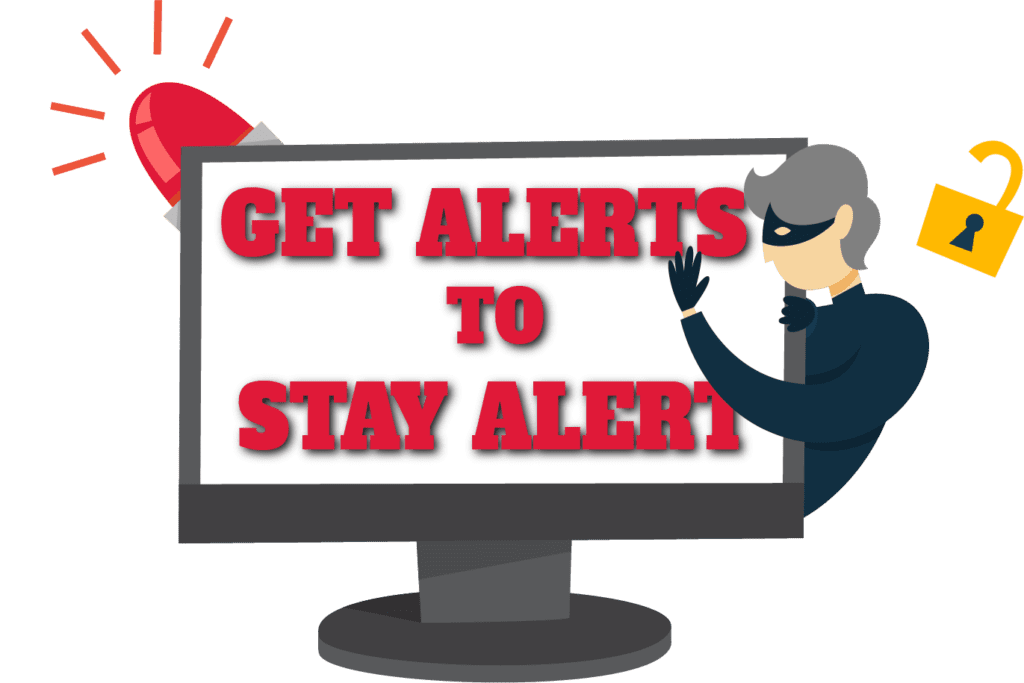Cellphone or Internet Service Provider Scam
Fraudsters from service provider scams often phone victims and claim to be from the victim’s cellular, landline, or internet service provider. The fraudster tells the victim that their service provider is offering a great deal. If the victim has agreed to the deal, the fraudster asks the victim for personal information such as social insurance number and or driver’s license number. The information that is collected from the victims is often used for activities related to identity fraud such as ordering a cellphone under the victim’s name. In some cases, the fraudsters will contact the victim again once the cellphone has arrived at the victim’s house and claim that the cellphone was delivered to the wrong address. The victim will then be requested to send the cellphone to a different address and in most cases this is the address of the logistics company that is operating the scam or the address of criminals.
Now it’s your turn!
SPOT THE SCAM
Cellphone or Internet Service Provider Scam Clues-
Your cellular, landline, or internet service provider will never ask for your social insurance number, driver’s license number, or other sensitive information.
-
Your cellular, landline, or internet service provider will not contact you to promote deals, unless you have signed up to receive email newsletters from your service provider.
STOP THE SCAM
Cellphone or Internet Service Provider Scam Defence-
If you receive a call from someone that is claiming to be a representative from your service provider. Let them know that you will call them back and end the call. When you are wanting to contact your service provider, find the legitimate phone number of the company and make the outgoing call.
-
Never provide personal information or financial information over the phone unless you are the person that initiated the call to the agency or institution.
-
If you are requested to ship a cellphone that you received to an unknown address, never do it! Ship the cellphone to the verified address of the service provider instead.
Quiz Summary
0 of 3 Questions completed
Questions:
Information
You have already completed the quiz before. Hence you can not start it again.
Quiz is loading…
You must sign in or sign up to start the quiz.
You must first complete the following:
Results
Results
0 of 3 Questions answered correctly
Time has elapsed
Categories
- Not categorized 0%
-
Great effort! Remember this is an opportunity to learn in a safe environment and at your own pace. You can go back and try the quiz again or proceed to the next lesson.
-
Keep up the momentum! You’ve almost got this scam pinned down. You can go back and try the quiz again or proceed to the next lesson.
-
Amazing! You’re a super sleuth at spotting and stopping this scam. There’s a lot more to learn so why not continue to the next lesson?
- 1
- 2
- 3
- Current
- Review
- Answered
- Correct
- Incorrect
-
Question 1 of 3
1. Question
A fraudster who claims to be a representative from your landline or cellphone service provider may get a cellphone sent to your home and may ask you to send the cellphone to an address that they provide to you.
CorrectIncorrect -
Question 2 of 3
2. Question
Never provide personal or credit card information to someone who has contacted you first.
CorrectIncorrect -
Question 3 of 3
3. Question
If a cellphone that you did not request is sent to your home, you should…
CorrectIncorrect
